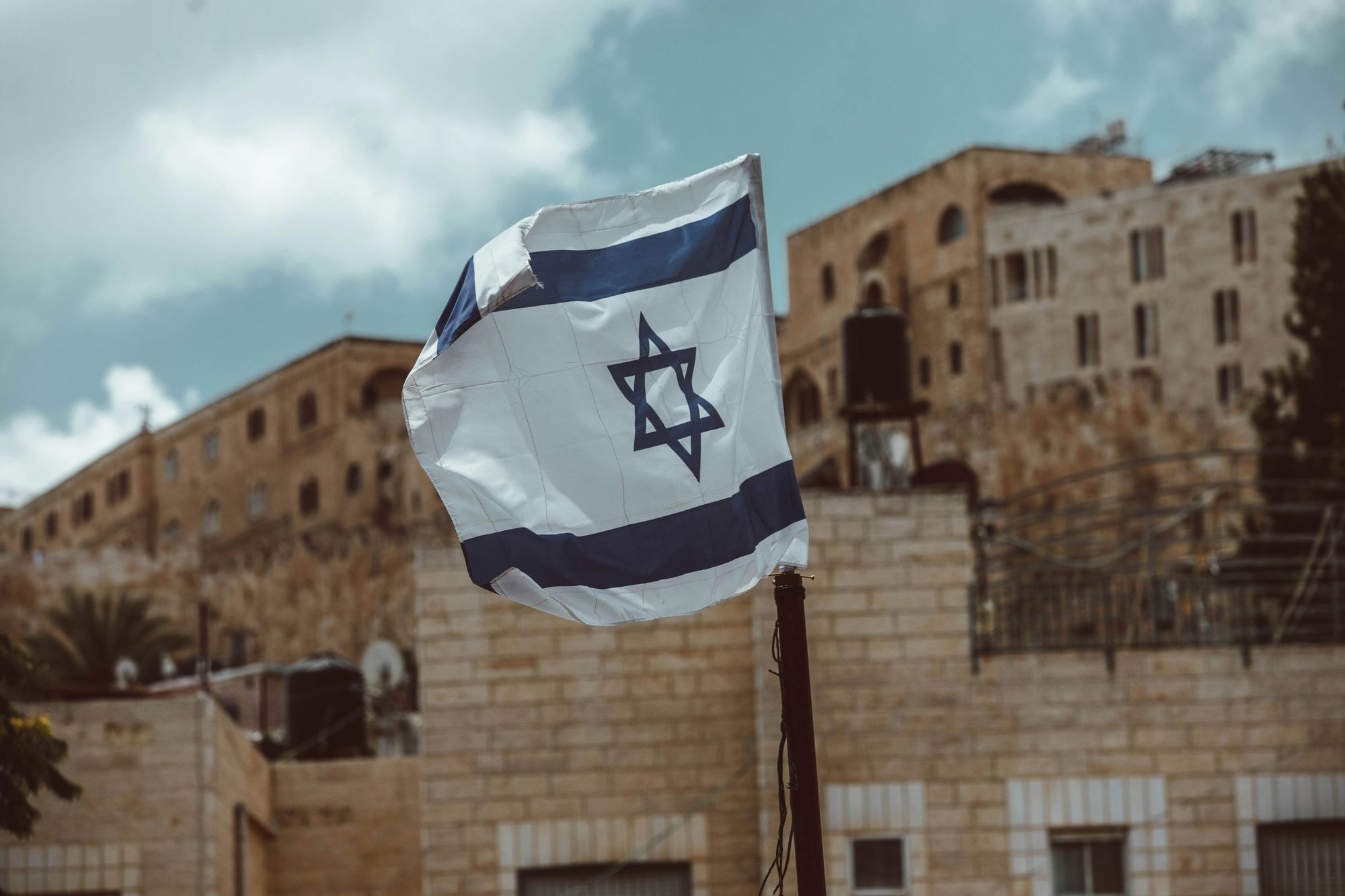Guide to Repatriating Remains from Canada to Israel

When a loved one passes away in Canada and needs to be returned to Israel for their final resting place, the process can be both emotionally challenging and logistically complex.
This guide aims to provide essential information to help you navigate the repatriation process from Canada to Israel with care and respect.
Understanding the Basics
Repatriating human remains from Canada to Israel involves several steps and requires coordination between funeral homes, government agencies, and airlines in both countries. It's crucial to start the process as soon as possible, as it can take several days to complete all necessary arrangements.
Initial Steps
- Contact the Embassy of Israel in Canada: They can provide guidance on specific requirements for repatriating remains to Israel and assist with necessary documentation.
- Choose a Funeral Home: Select a funeral home in Canada experienced in international repatriation, particularly to Israel. Some Jewish funeral homes may have specific experience with this process.
- Notify Canadian Authorities: Inform local Canadian authorities of the death and your intention to repatriate the remains.
Documentation Required
Gathering the correct documentation is crucial. You'll typically need:
Death Certificate: Obtain an official Canadian death certificate.
Embalming Certificate: If the body is embalmed, you'll need a certificate from the funeral home. Note that embalming is not typically practiced in Jewish tradition.
Non-Contagious Disease Certificate: A document certifying that the deceased did not die from a contagious disease.
Burial Transit Permit: This allows the transportation of the body out of Canada.
Passport Copy: A copy of the deceased's passport or proof of Israeli citizenship.
Translation: All documents should be translated into Hebrew or English.
Rabbi's Letter: A letter from a rabbi confirming the deceased's Jewish identity may be required for burial in certain cemeteries in Israel.
Preparing the Remains
Tahara: In Jewish tradition, the body is ritually washed and prepared (tahara) before burial. Arrange for this to be done by a Chevra Kadisha (Jewish burial society) if possible.
Appropriate Container: The body should be placed in a simple wooden coffin, in accordance with Jewish tradition. Ensure it meets international standards for transporting human remains.
Transportation Arrangements
Choose an Airline: Select an airline experienced in transporting human remains. El Al, Israel's national carrier, has specific procedures for this service.
Flight Route: Direct flights from major Canadian cities to Tel Aviv are available, which can simplify the process.
Customs Clearance: Arrange for customs clearance at both departure and arrival points.
Cultural and Religious Considerations
Jewish funeral customs should be respected:
- Prompt Burial: In Jewish tradition, burial should occur as soon as possible after death.
- Shomer: Arrange for a shomer (guardian) to stay with the body until burial, if possible.
- Avoid Delays: Try to minimize any delays in the repatriation process to adhere to Jewish burial customs.
Costs and Timeline
Repatriation can be expensive, often costing several thousand dollars. Expenses may include:
- Funeral home services in Canada
- Documentation and translation fees
- Transportation costs
- Receiving services in Israel
The process typically takes 3-7 days but can vary based on circumstances.
Emotional Support
Don't hesitate to seek emotional support during this difficult time. Many Jewish communities offer grief counseling services, and your local synagogue may provide additional support.
Additional Considerations
Chevra Kadisha: Consider contacting a Chevra Kadisha in Israel to assist with arrangements upon arrival.
Sabbath and Holidays: Be aware that the process may be delayed during Shabbat (from Friday evening to Saturday evening) and on Jewish holidays.
Cemetery Arrangements: Decide on the cemetery in Israel and make necessary arrangements in advance.
Repatriating a loved one from Canada to Israel is a complex process that requires careful planning and attention to detail. While it can be overwhelming, remember that you're not alone. Funeral homes experienced in international repatriation, the Israeli Embassy, and Jewish community organizations are available to guide you through this challenging time.
By understanding the process and requirements, you can ensure that your loved one's final journey is handled with dignity and respect, in accordance with Jewish traditions. This allows you to focus on honoring their memory and supporting grieving family members.
Remember, this guide provides general information, but each repatriation case is unique. Always consult with relevant authorities, rabbinic leaders, and professional services for the most up-to-date and case-specific guidance. May your loved one's memory be a blessing.




